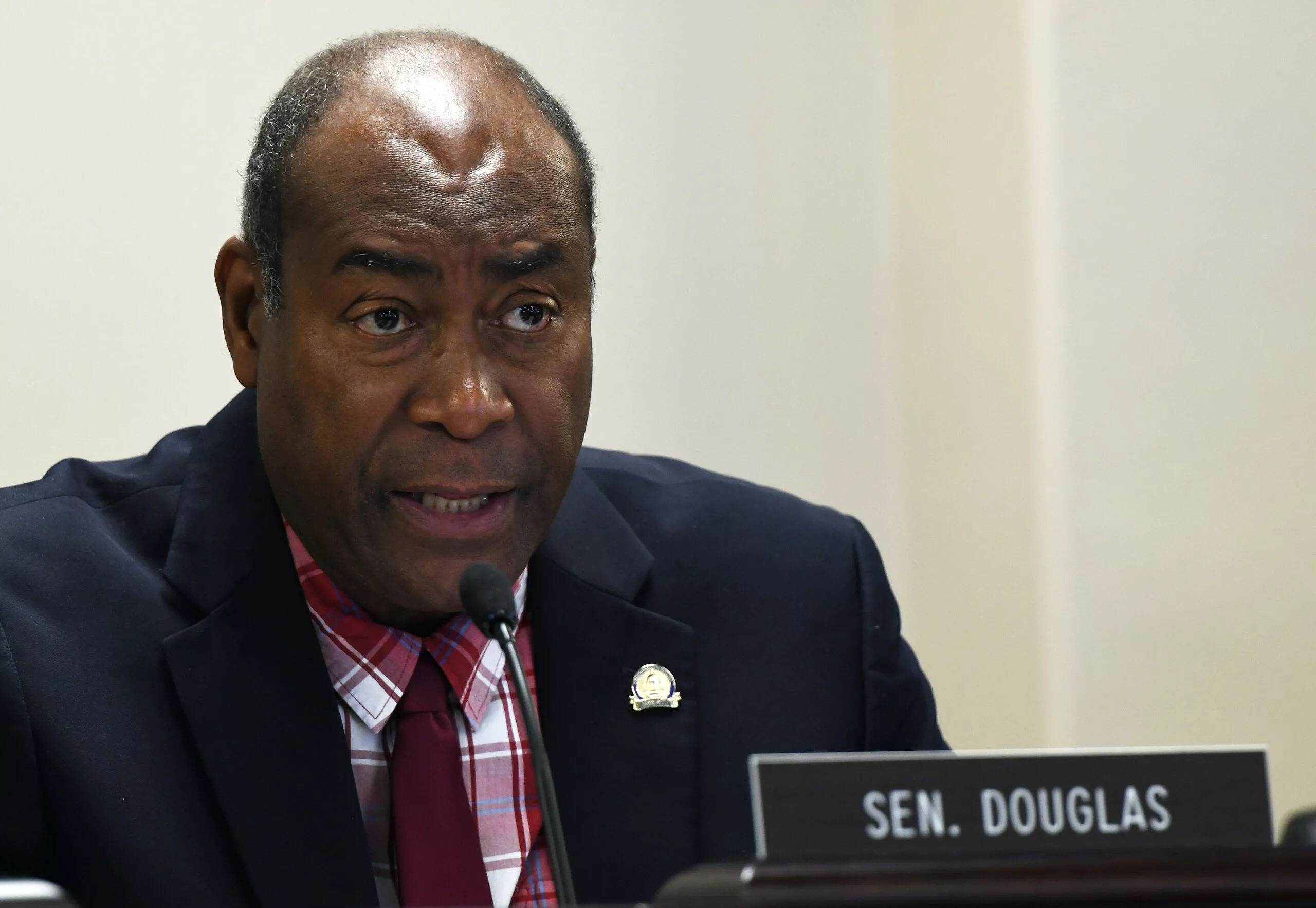Kentucky health care providers defend certificate of need

by Sarah Ladd, Kentucky Lantern
The CON task force is seeking public input, which is due by Sept. 1. To submit a statement in writing about certificate of need, email DeeAnn Wenk at deeann.wenk@lrc.ky.gov.
FRANKFORT — Several of Kentucky’s major health care providers made the case that the state’s certificate of need process should remain, for the most part, as it is, before a task force charged with examining the issue on Monday.
The Kentucky Association of Health Care Facilities, Kentucky Home Care Association, hospice services and the Kentucky Hospital Association told the Certificate of Need Task Force that removing the CON review process would neither lower the cost of health care nor improve quality of care.
The certificate of need requirement mandates regulatory mechanisms for approving major capital expenditures and projects for certain health care facilities, according to the National Conference of State Legislatures. Thirty-five and Washington D.C. had such laws as of December 2021.
Lawmakers discussed the issue during the 2023 legislative session. They failed to pass two bills that would have paved the way for Kentucky to have freestanding birth centers through CON reform.
Midwives and holistic birth advocates have said such centers should be allowed for people who need and want low-intervention birth experiences, which many now travel out of the state to access.
Despite not passing the bills, legislators formed a task force to more thoroughly examine the issue. It will report findings to the Legislative Research Commission.
It held its second meeting Monday.
Nursing facilities, home health and hospice
Tim Veno, president of LeadingAge Kentucky, which represents nonprofits that provide aging services, told lawmakers that “over-duplication of health services can have multiple negative effects” when it comes to nursing facilities.
A surplus of beds in an area could result in an existing facility closing and exacerbate staffing challenges, he said.
“Because there is only a limited supply of health care workers,” Veno said, “oversupply of facilities and services would most definitely put a greater strain on hiring this talented workforce.”
Staffing issues also plague home health. Evan Reinhardt, executive director of the Kentucky Home Care Association, said he sees staff turnover ranging from 40%-70% because of the inability to compete with hourly wages offered by places like Amazon and Target.
Introducing new home health organizations into the picture, Reinhardt said, would mean that providers must “fight over that same piece of the pie” when it comes to attracting workers.
Liz Fowler, who works in hospice, said CON is keeping fraud at bay in her corner of the industry. (Hospice serves people who have terminal conditions and have six months or less to live. Usually that care happens in the home).
Fowler, the chief executive officer of Bluegrass Care Navigators, said that competition within hospice can result in “bad actors” who may shortchange vulnerable patients on their benefits to make more profit.
Kentucky Hospital Association
Nancy Galvagni, the president of the Kentucky Hospital Association, said that 70% to 80% of the patients in Kentucky hospitals are covered by some form of government insurance.
“Most services offered by a hospital to meet…community needs are provided at a loss and must be subsidized by the few services from which hospitals derive revenue, such as elective surgery and…outpatient imaging,” she said. “This is how hospitals pay for services such as behavioral health, obstetrics, emergency care, trauma care, and oncology – just to name a few.”
With CON gone, Galvagni said, some facilities could close or end some services.
“Out of state entities would quickly swoop in to cherry pick the few commercially-insured patients away from hospitals for the most profitable services hospitals provide,” she said. “Meanwhile, Medicare and Medicaid and the uninsured would be left to the hospitals. Access would soon end because hospitals will be forced to close unprofitable services and some facilities could close entirely.”
Proposed reforms – and an opportunity for public input
Despite opposing its removal, several organizational leaders indicated their willingness to work on CON reform.
The CON program is a “far cry from being perfect,” said Veno with LeadingAge.
Galvagni with the hospital association, suggested several adjustments to CON, including:
- Reform the application and appeals process to save administrative time and bureaucracy. Do so by letting providers apply any time. Shorten the length of hearings in formal and expedited review processes.
- For formal review cases, require opposing parties to state in writing why the application does not meet criteria or lose appeal rights.
- For expedited review, limit challenges in hearings to the issue of need, and whether the applicant qualifies for expedited review.
- Allow existing acute care hospitals to qualify for expedited review so they can convert beds for adult psychiatric care if there isn’t a freestanding psychiatric hospital in the county.
- Allow existing acute hospitals to qualify for expedited review to convert existing acute beds to adult medical psychiatric beds.
- Allow Kentucky hospitals to provide services already approved under CON when the hospital operates a split campus in the same county without an additional CON.
- And others.
The next task force meeting is Aug. 21 at 10:30 a.m.
Top photo: Physician and state Sen. Donald Douglas, R-Nicholasville, is co-chair of the Certificate of Need Task Force, which on Monday heard from health care providers. (Photo by LRC Public Information)
Recommended Posts

Kamala Harris needs a VP candidate. Could a governor fit the bill?
Fri, July 26, 2024
After cyber-attack on Jefferson County Clerk, Fayette counterpart discusses precautions
Fri, July 26, 2024
An eastern Kentucky animal shelter is swelling this summer
Fri, July 26, 2024